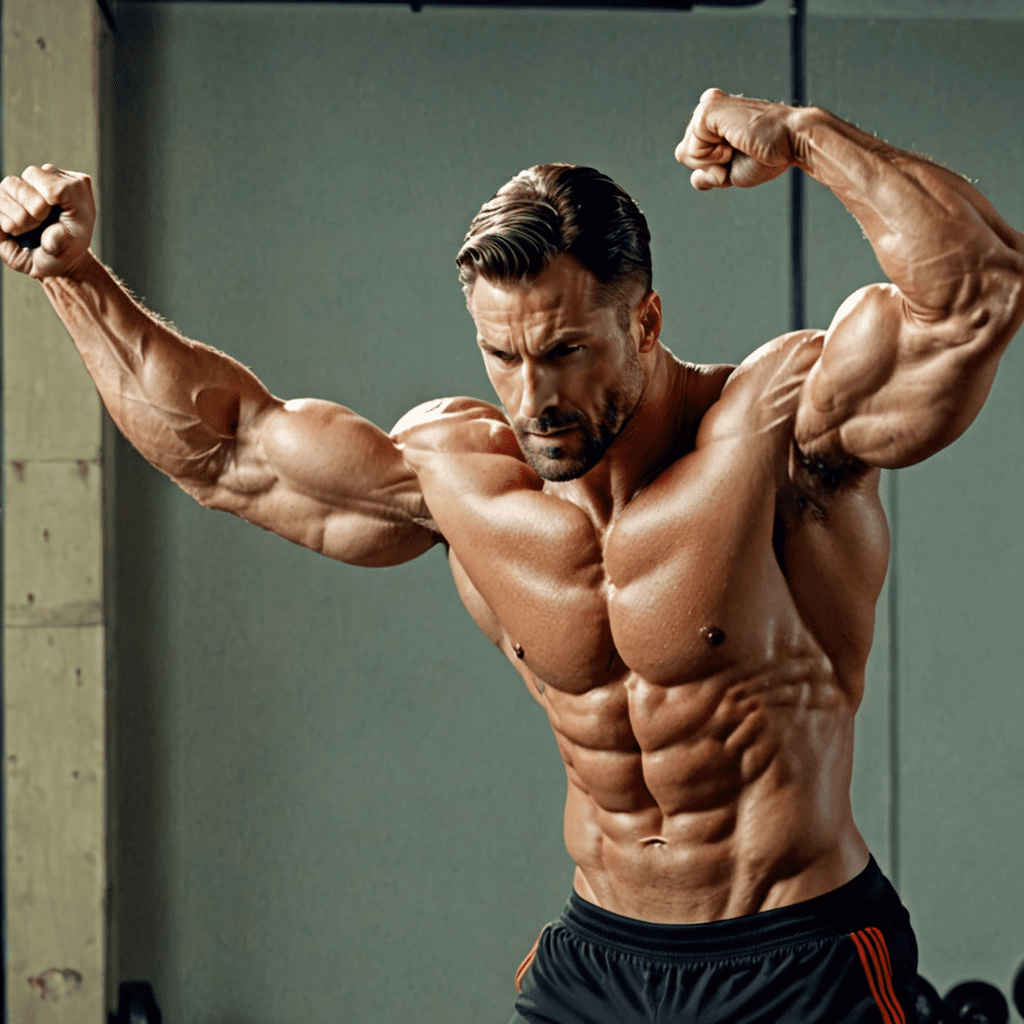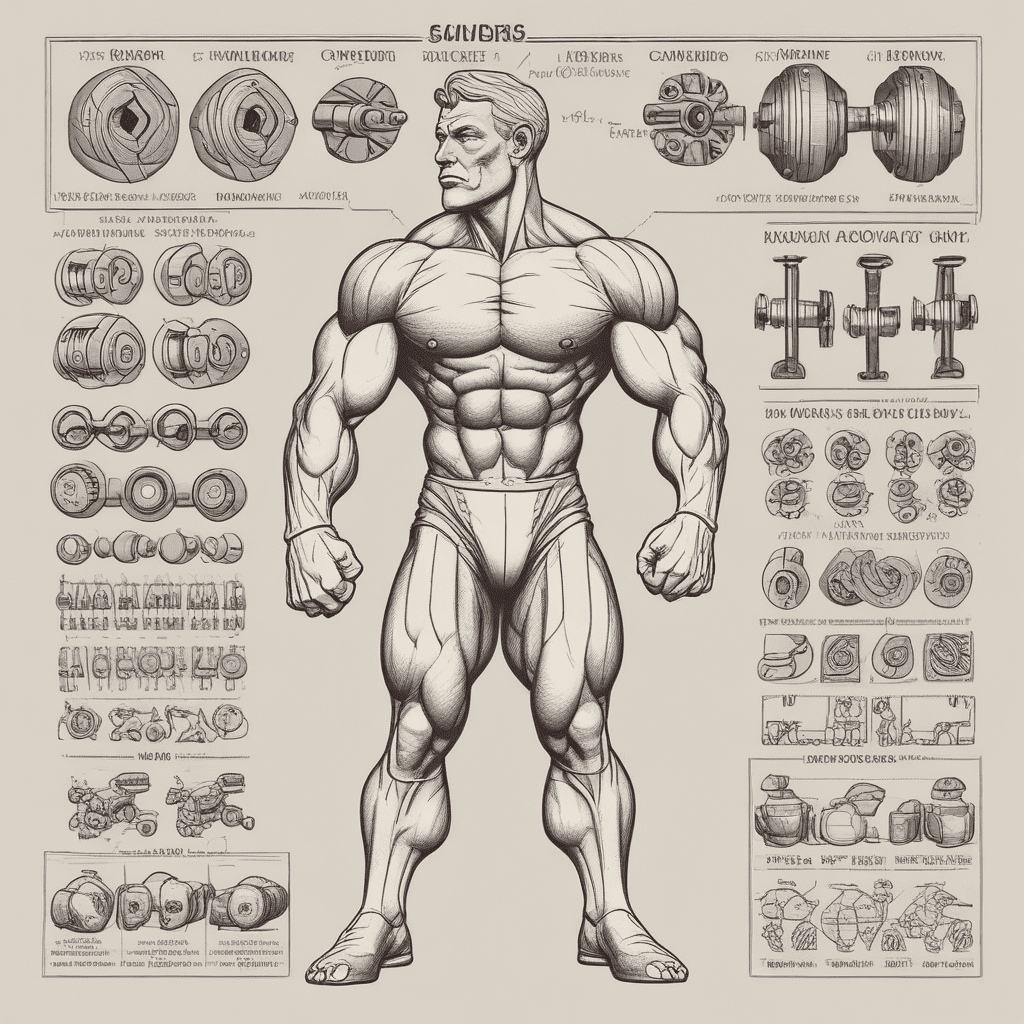
Vegan Diet and Men’s Health: Addressing Specific Nutritional Needs
I. Introduction
Veganism, defined as a plant-based diet that excludes all animal products, has gained increasing popularity due to ethical, environmental, and health reasons. While vegan diets offer numerous benefits, specific nutritional considerations are crucial for men to maintain optimal health. This article aims to provide an in-depth understanding of the nutritional needs of men on vegan diets, addressing the intake of protein, iron, calcium, vitamin D, omega-3 fatty acids, vitamin B12, iodine, selenium, and dietary considerations for male athletes.
II. Understanding Veganism and its Implications for Men
Vegan diets eliminate all animal-based foods, including meat, poultry, fish, eggs, dairy, and honey. While this dietary approach can be highly nutritious, it requires careful planning to ensure adequate intake of essential nutrients. Men have unique nutritional needs due to their typically higher protein and calorie requirements compared to women. It's crucial for vegan men to understand the potential implications of a vegan diet on their nutrient consumption and take necessary steps to address specific nutritional gaps.
III. Protein Intake in Vegan Diets
Protein is essential for building and repairing tissues, producing hormones, and supporting immune function. Plant-based protein sources include beans, lentils, tofu, tempeh, nuts, and seeds. Men on vegan diets should aim for a daily protein intake of 0.8-1.2 grams per kilogram of body weight, depending on their activity level. Combining different plant-based protein sources throughout the day can help ensure adequate amino acid intake.
IV. Iron Absorption
Iron is vital for red blood cell production and oxygen transport. Vegan diets may pose challenges with iron absorption due to the lower bioavailability of non-heme iron found in plant foods compared to heme iron in animal products. Iron-rich plant foods include lentils, beans, fortified cereals, and leafy green vegetables. To enhance iron absorption, vegans should consume these foods with vitamin C-rich fruits and vegetables, such as citrus fruits, bell peppers, and broccoli.
V. Calcium and Vitamin D Intake
Calcium is essential for bone health and muscle function. Plant-based sources of calcium include fortified plant milks, leafy green vegetables, and tofu. Vitamin D is crucial for calcium absorption. Vegans should ensure adequate sun exposure and consider consuming fortified plant milks and mushrooms for vitamin D intake.
VI. Omega-3 Fatty Acid Considerations
Omega-3 fatty acids are vital for heart and brain health. Plant-based sources of omega-3s include flaxseeds, chia seeds, and walnuts. Vegans can also opt for algae-based supplements to meet their omega-3 requirements.
VII. Vitamin B12
Vitamin B12 is essential for red blood cell production and nerve function. It is not naturally found in plant foods. Vegans must consume fortified foods, such as plant milks and cereals, or take a vitamin B12 supplement to prevent deficiency.
VIII. Iodine and Selenium
Iodine and selenium are essential trace minerals. Plant-based sources of iodine include iodized salt and seaweed. Selenium can be found in Brazil nuts, lentils, and brown rice. Vegans should ensure adequate intake of these nutrients through fortified foods or supplements.
IX. Dietary Considerations for Male Athletes on Vegan Diets
Male athletes on vegan diets have specific nutritional needs. They require higher protein intake, ranging from 1.2-2.0 grams per kilogram of body weight daily. Athletes should focus on consuming a variety of plant-based protein sources and consider protein supplementation. They may also need to increase their calorie intake to support their energy needs.
X. Conclusion
Vegan diets can provide numerous health benefits for men, but careful attention to specific nutritional needs is crucial. By ensuring adequate protein, iron, calcium, vitamin D, omega-3 fatty acids, vitamin B12, iodine, and selenium intake, vegan men can optimize their health and performance. Balanced and informed vegan diets, coupled with regular exercise, can help men achieve their fitness goals and live healthier lives.
FAQs
Q: Can vegan diets meet the protein needs of men?
A: Yes, vegan diets can meet protein needs by consuming a variety of plant-based protein sources, such as beans, lentils, tofu, tempeh, nuts, and seeds. Combining different sources throughout the day ensures adequate amino acid intake.
Q: How can vegans improve iron absorption?
A: Vegans can enhance iron absorption by consuming iron-rich plant foods with vitamin C-rich fruits and vegetables. Vitamin C increases the bioavailability of non-heme iron.
Q: Is vitamin B12 supplementation essential for vegans?
A: Yes, vegans must consume fortified foods or take a vitamin B12 supplement as it is not naturally found in plant foods. Vitamin B12 deficiency can lead to serious health consequences.


